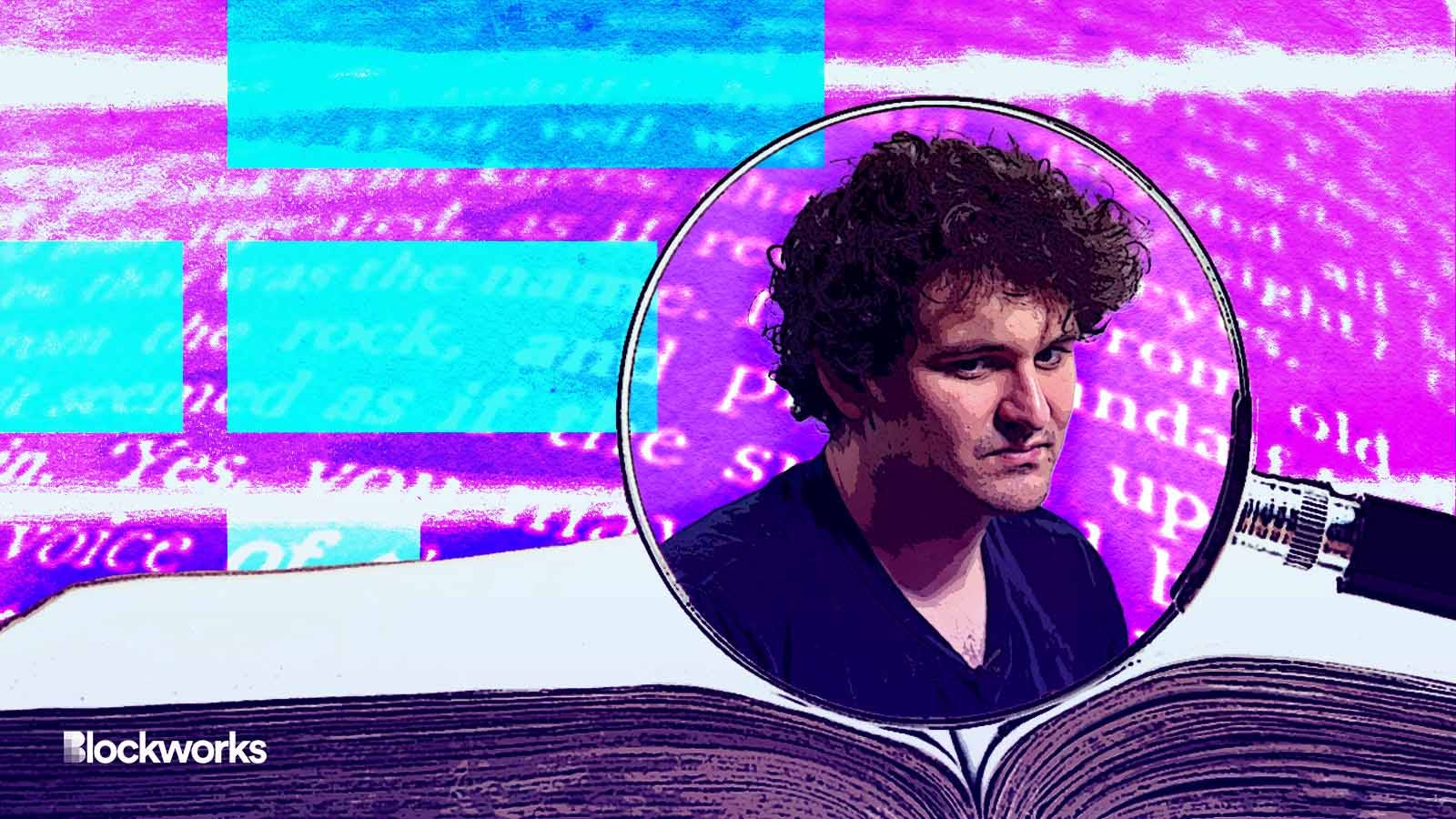Sam Bankman-Fried’s trial starts Oct. 3: What you need to know
On Thursday, a panel of judges denied Sam Bankman-Fried’s appeal to be released ahead of trial

Artwork by Crystal Le
The fraud trial for former FTX CEO Sam Bankman-Fried is set to begin on Oct. 3 with a jury selection. The six-week trial will take place less than a year after the FTX collapse.
Bankman-Fried is accused of fraud and conspiracy in connection to the now-bankrupt FTX.
A judge revoked Bankman-Fried’s bond back in August following a petition from the prosecutors. As part of the petition, prosecutors cited Bankman-Fried’s contact with a New York Times journalist as a tipping point.
Bankman-Fried was accused of leaking former colleague — and ex-girlfriend — Caroline Ellison’s diary entries to the reporter. The government argued at the time that Bankman-Fried had shown a history of witness tampering, including attempting to contact an unnamed witness — the “current General Counsel of FTX US who may be a witness at trial” — via Signal.
Judge Lewis Kaplan, who will oversee the trial, said there was probable cause to believe that Bankman-Fried violated the terms of his bail in his attempts to allegedly tamper with the witnesses.
Since then, Bankman-Fried has been held at the Brooklyn Metropolitan Detention Center. He will remain there for the duration of his trial, as a panel from the Second Circuit Court of Appeals rejected his appeal for release on Thursday, Sept. 21.
The judges wrote that they agreed with Judge Kaplan’s findings that Bankman-Fried had probably attempted to tamper with witnesses.
Bankman-Fried’s lawyers claimed that he was denied a vegan diet.
Read more: Drowning in Sam Bankman-Fried: A survival guide
In addition to the appeal denial, Bankman-Fried’s legal team suffered a second setback on Thursday after Judge Kaplan barred seven of Bankman-Fried’s expert witnesses from testifying in October. The government had previously moved to toss the testimonies.
However, some may be able to take the stand to rebut the prosecution’s witnesses if Bankman-Fried files an additional disclosure, though the government is able to object.
During the trial, the government is expected to call multiple ex-FTX employees and former Bankman-Fried pals to the stand, including Ellison, former FTX Chief Technology Officer Gary Wang and former engineering director of FTX, Nishad Singh.
Ahead of the trial’s start date, here’s a look at what’s happened since Bankman-Fried was arrested in December of last year.
The Department of Justice and the Securities and Exchange Commission announced charges against Bankman-Fried on Dec. 13 of last year. He was initially charged with eight counts of fraud, money laundering and campaign finance offenses.
US Attorney Damian Williams referred to Bankman-Fried’s alleged crimes as “one of the biggest financial frauds in American history.”
However, in July, the DOJ announced that it would be dropping the charge in a letter to the judge because the Bahamas did not extradite Bankman-Fried on the charge.
The charge drop came in May after lawyers representing Bankman-Fried moved to dismiss most of the criminal charges against him unsuccessfully.
A month later, the DOJ handed down seven fraud and conspiracy charges, all of which Bankman-Fried pleaded not guilty to.
An indictment on Aug. 14 alleges that Bankman-Fried used $100 million of stolen customer funds to donate to various political candidates and political action committees (PACs).
In late August, Bankman-Fried and his team went back and forth with the government through legal filings after prosecutors handed over roughly 8 million documents from Bankman-Fried’s Google accounts.
The government argued that the tardy discovery was due to a mishap with Google. The defense, in return, argued that the additional discovery was “fundamentally unfair” and that the trial prep time was “entirely inadequate.”
Judge Kaplan, in a hearing, pushed for the defense to consider asking for an extension, though he made no promise to grant one. Bankman-Fried’s team did not file for such a request.
Get the news in your inbox. Explore Blockworks newsletters:
- The Breakdown: Decoding crypto and the markets. Daily.
- 0xResearch: Alpha in your inbox. Think like an analyst.






